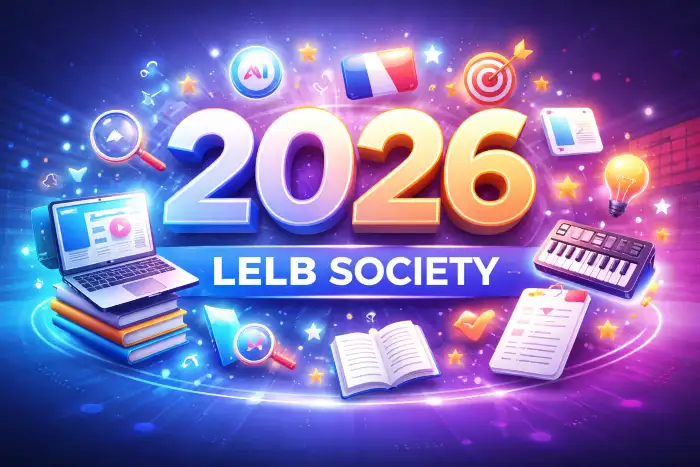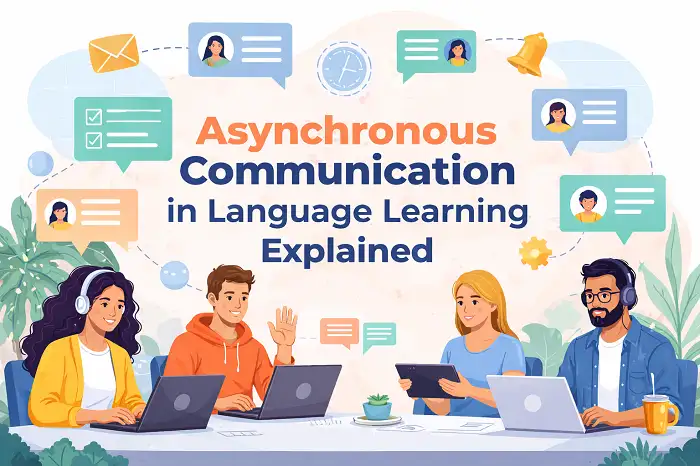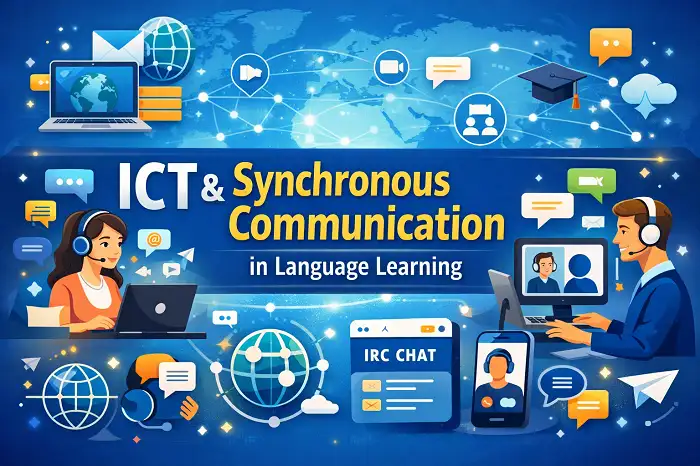Table of Contents
- Video of SearchGPT vs. Google
- What is SearchGPT?
- How SearchGPT Works?
- Google Search vs. SearchGPT
- The Role of AI in the Future of Online Search
- Advantages and Disadvantages of SearchGPT
- Privacy and Data Handling
- Future Trends in Online Search
- Are ChatGPT and SearchGPT interchangeable?
- How LELB Society utilizes ChatGPT?
In the ever-evolving landscape of online search, the emergence of AI-driven technologies like SearchGPT is challenging the long-standing dominance of Google. This post delves into the comparative strengths and weaknesses of SearchGPT and Google, exploring how artificial intelligence is reshaping the way we interact with information on the web. From enhanced search precision to personalized user experiences, we examine the potential and pitfalls of these two titans of the search engine world, shedding light on what the future of online search might hold.
Video of SearchGPT vs. Google
What is SearchGPT?
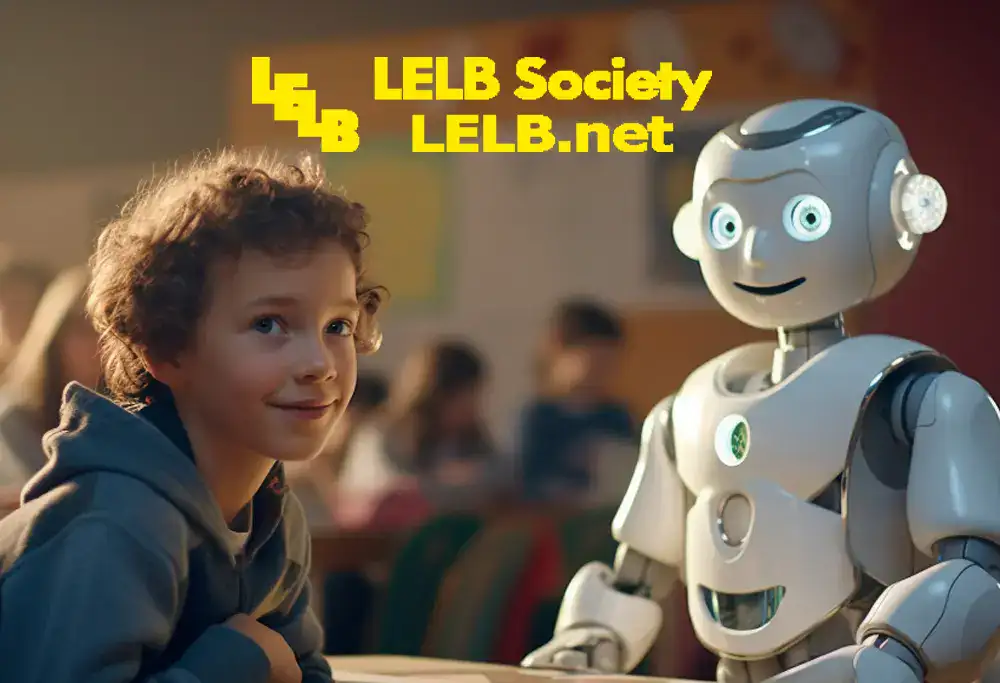
SearchGPT, introduced by OpenAI on July 26, 2024, is a cutting-edge search engine that leverages the power of artificial intelligence to revolutionize the way we search for information online. Unlike traditional search engines that simply list links to relevant web pages, SearchGPT goes a step further by providing direct, concise answers to user queries, often accompanied by links to source material for further exploration. This innovative approach saves users time and effort by eliminating the need to sift through multiple web pages to find the information they need.
At its core, SearchGPT utilizes Large Language Models (LLMs) to understand the nuances of human language and intent. This enables it to process complex queries, identify relevant information from a vast array of sources, and generate human-quality responses. By combining the strengths of traditional search engines with the capabilities of generative AI, SearchGPT offers a more intuitive and informative search experience. As AI technology continues to evolve, SearchGPT has the potential to reshape the future of online search, empowering users to access information more efficiently and effectively.
How SearchGPT Works?
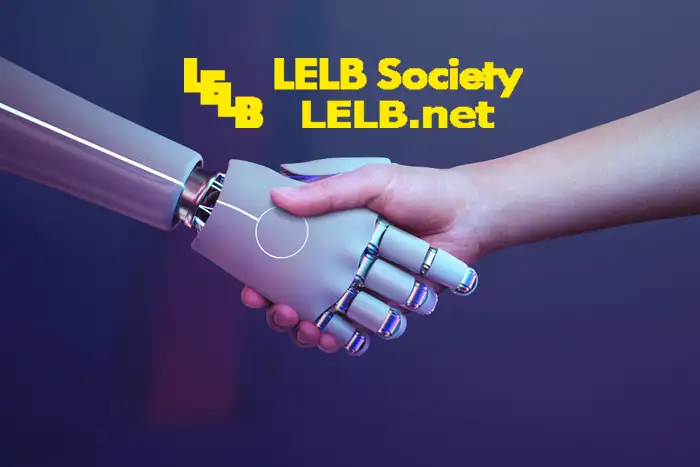
At its core, SearchGPT relies on sophisticated language models trained on vast datasets to understand and process queries with remarkable depth. Rather than simply matching keywords, it discerns context, tone, and specific user experience and needs to provide answers that feel personalized and intuitive. This ability allows it to “understand” nuances in a query, much like interacting with a knowledgeable person rather than a standard search tool.
The technology underpinning SearchGPT utilizes transformer models and deep learning architectures, making it responsive to a wide array of queries and adaptable over time. For example, if someone asks, “What’s the best way to reduce and manage anxiety before a big event?” SearchGPT will generate a concise, insightful answer. This level of contextual understanding marks a substantial evolution from keyword-based algorithms that have defined search engines like Google or Bing.
Google Search vs. SearchGPT

Google Search has long relied on its PageRank algorithm, which ranks web pages based on factors like relevance, link quality, and keywords. While effective, this approach often requires users to sift through pages of links to find the information they need. In contrast, SearchGPT delivers responses directly within the interface, creating an experience similar to chatting with an informed assistant rather than navigating a traditional search engine.
Whereas Google excels in providing quick access to sources and information, SearchGPT prioritizes direct answers, even synthesizing insights from multiple sources. While Google focuses on indexing the web, SearchGPT draws from trained knowledge models, making it particularly useful for questions where an immediate, synthesized answer is preferred over a list of search results.
The Role of AI in the Future of Online Search

Artificial intelligence is setting new standards for online search by focusing on user intent, personalization, and contextual understanding. As AI models like SearchGPT evolve, they are expected to make online search experiences faster, more conversational, and tailored to individual needs. These models aim to do more than provide information; they aim to support decision-making, learning, and nuanced problem-solving in a way that traditional search engines have not.
This shift toward AI-driven search reflects a trend toward “intelligent assistance” where users receive direct answers, relevant follow-up suggestions, and personalized insights. In this evolving landscape, search engines are no longer just information directories; they are companions for exploration, likely to impact not only search but also how people use the internet itself.
Advantages and Disadvantages of SearchGPT

SearchGPT’s strengths lie in its ability to provide immediate, contextual answers and its conversational interface, which can streamline searches that might otherwise require browsing multiple sites. For users who value quick, synthesized answers without the need to sort through numerous links, this offers a significant improvement over traditional search experiences. Furthermore, it has the potential to make niche or specialized knowledge more accessible to casual users.
However, limitations exist. SearchGPT may occasionally provide answers with less depth or less diversity of opinion than Google’s vast web-based search results. Furthermore, because it relies on pre-trained knowledge models, it may not always offer the most current information or recognize emerging trends and newly available data, where Google’s real-time indexing excels. Balancing these strengths and weaknesses will be crucial for SearchGPT as it seeks to capture market share.
Privacy and Data Handling

Data privacy is a key consideration for both SearchGPT and Google, but they differ in how they approach it. Google uses data from users to create personalized search experiences and targeted advertisements, which raises privacy concerns as users become more aware of data tracking. SearchGPT, on the other hand, may have a less invasive data model, focusing on delivering contextually relevant answers without extensive tracking of personal habits.
SearchGPT has the potential to set a new standard in privacy-first search, particularly if it minimizes the storage of personal data and avoids targeted advertising. This focus on privacy could resonate with users who prioritize data security, positioning SearchGPT as an alternative to Google for those seeking a safer online experience.
Future Trends in Online Search
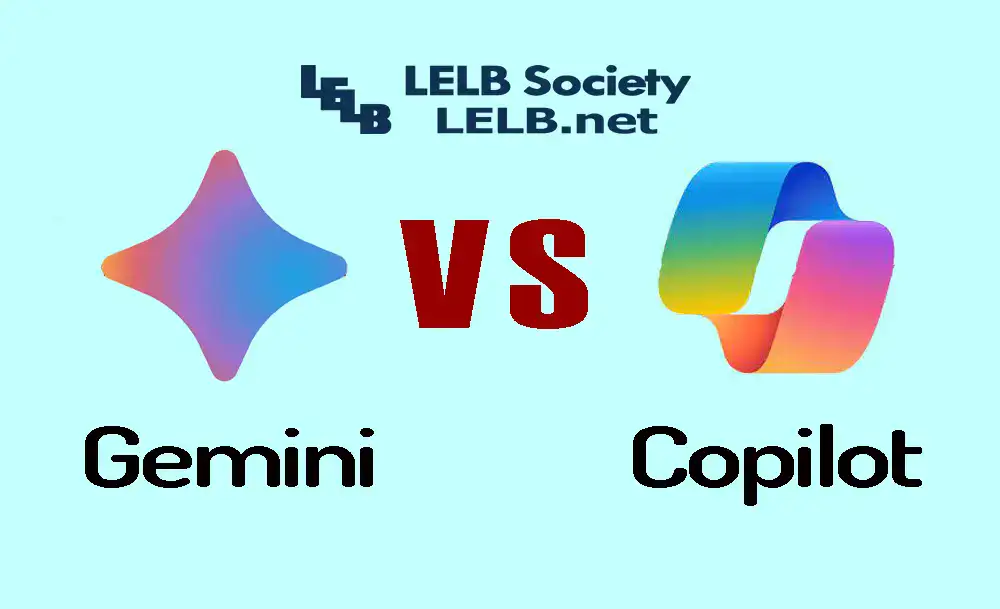
As AI continues to advance, users may come to expect search experiences that are faster, more personalized, and almost conversational. This shift could redefine the relationship people have with technology, as they engage more with AI for everyday information needs. With SearchGPT, users are introduced to a style of search that prioritizes directness, efficiency, and relevance, which could influence expectations even in domains beyond search engines.
Future trends may include increased adoption of voice-based searches, seamless multi-language support, and AI-powered digital companions that work across devices. In this environment, the distinction between search engines and AI assistants will likely blur, making search an integral and interactive part of daily life rather than a separate, transactional tool.

While “Her” (2013) doesn’t specifically feature SearchGPT, it does depict a future where advanced AI plays a significant role in everyday life, notably through the character Samantha, an intuitive operating system. Samantha showcases the potential of AI to deeply understand and respond to human needs, offering a vision where search capabilities could evolve beyond simple queries to engaging, context-aware interactions. In such a world, a tool like SearchGPT could seamlessly integrate into these systems, providing highly personalized and efficient search experiences, making the process almost invisible and effortlessly natural, much like Samantha’s interactions with Theodore in the film.
Are ChatGPT and SearchGPT interchangeable?
SearchGPT and ChatGPT, though both powered by advanced AI technologies, serve different purposes and are not entirely interchangeable. SearchGPT is primarily designed to enhance search capabilities, offering more precise and contextually aware search results by understanding natural language queries better than traditional search engines. It leverages AI to provide users with relevant information quickly and efficiently, focusing on retrieving and presenting data from the web in a more user-friendly manner. On the other hand, ChatGPT is an AI conversational agent developed to simulate human-like interactions. It can engage in a wide range of discussions, answer questions, assist with tasks, and provide detailed explanations on various topics. Its main strength lies in its ability to understand and generate human-like text, making it ideal for customer support, interactive storytelling, and educational assistance.
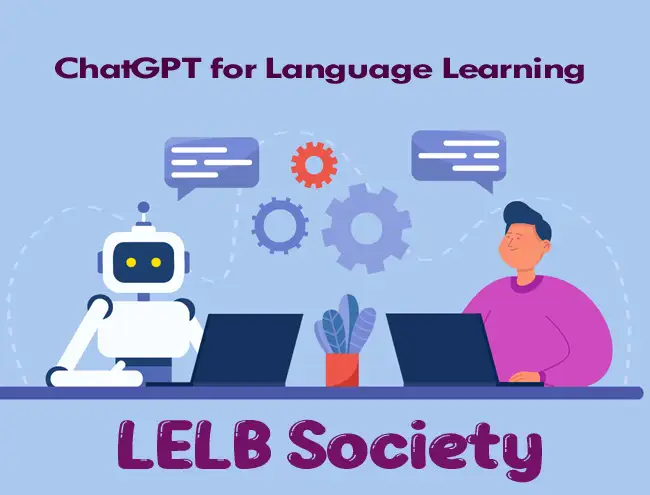
While there are areas where the functionalities of SearchGPT and ChatGPT might overlap, such as answering factual questions or providing explanations, their core objectives and applications differ significantly. SearchGPT excels in retrieving up-to-date information from the web, enhancing the search experience with its AI capabilities. In contrast, ChatGPT focuses on maintaining coherent and contextually relevant conversations, providing users with a more interactive and engaging experience. Therefore, while they can complement each other in certain scenarios, they are designed to serve distinct roles and cannot be used interchangeably without sacrificing their specialized strengths.
How LELB Society utilizes ChatGPT?

LELB Society, a unique bilingual academy specializing in both English and Persian, harnesses the power of ChatGPT to enhance its educational offerings. One of the primary uses of ChatGPT within LELB Society is to find related proverbs that complement the short stories used in their curriculum. These proverbs not only enrich the stories but also help students connect with cultural and linguistic nuances. Additionally, ChatGPT plays a crucial role in developing thought-provoking questions for the academy’s film criticism course. By generating insightful queries, the AI helps foster deep discussions and critical thinking among students.
Furthermore, ChatGPT is integral in proofreading and correcting essays, ensuring that students submit polished and grammatically accurate work. This automated assistance allows students to learn from their mistakes and improve their writing skills. The AI is also used to develop challenging questions across various subjects, pushing students to think critically and expand their knowledge. By integrating ChatGPT into its educational framework, LELB Society effectively supports its students’ learning journey, making education more interactive and enriching.

